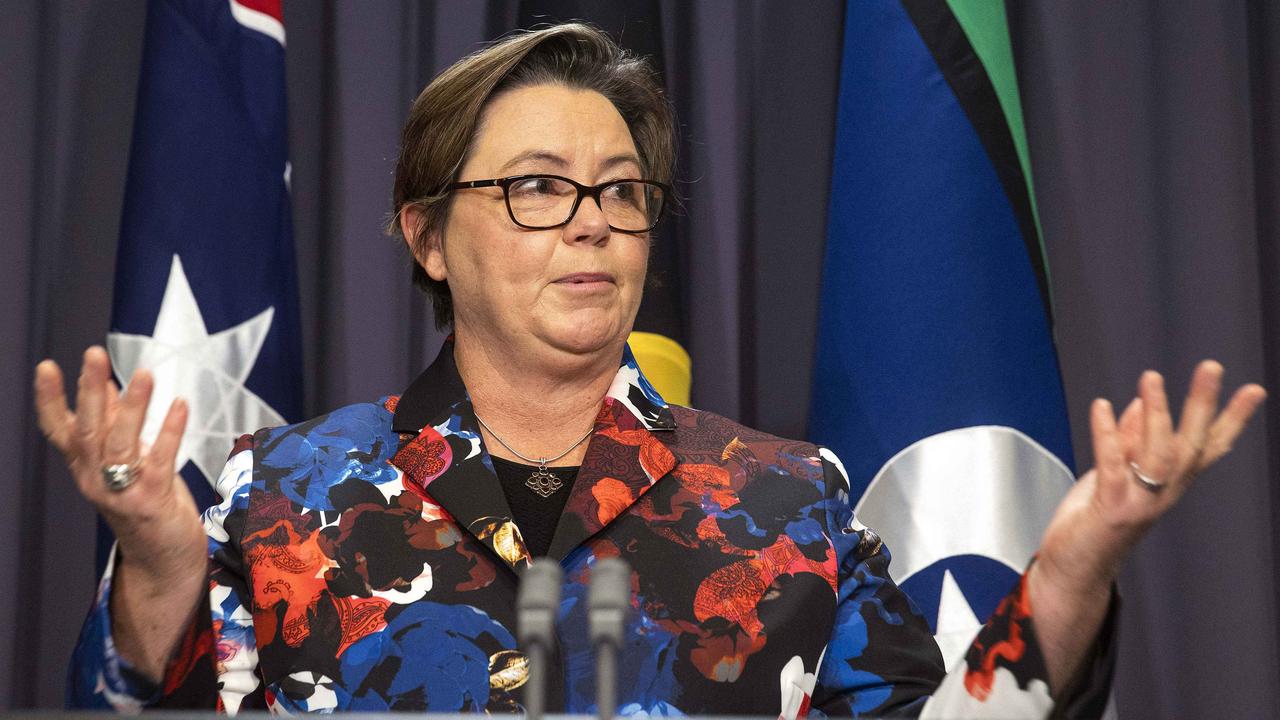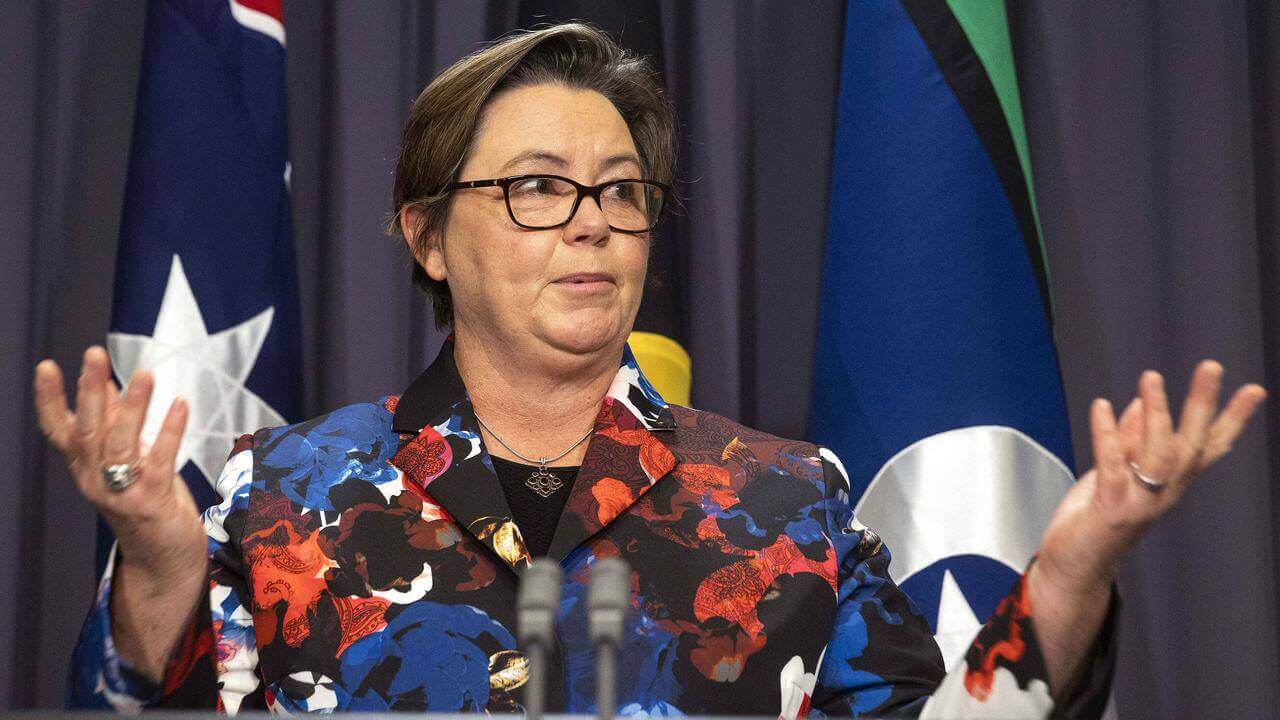South Asia
Bangladesh’s State Minister for Power and Energy, Nasrul Hamid, reassured that the country has sufficient gas reserves for the next 10 years. Hamid clarified that while the country is producing 2300 million cubic feet of gas each day, this timeline may change if the daily rate of gas production is modified or if new gas fields are discovered. [The Daily Star]
The United Nations Office on Drugs and Crime reported a 32% increase in opium production in Afghanistan in 2022. Despite the Taliban imposing a ban on drugs in April 2022, Afghan farmers have been “trapped” in the opiate industry, the office said. [Khaama Press News Agency]
Central Asia and the Caucasus
The Georgian state security service said on Tuesday that “Russian occupation forces” had detained three Georgian citizens in the Gori municipality near the occupied Tskhinvali (South Ossetia) region. Georgia has informed the European Union’s monitoring mission in the South Caucasus about the incident. “Harmful practice of illegal detentions restricts the fundamental right to free movement, significantly worsens the security environment and threatens stability in the region,” the service said. [Agenda.ge]
Armenian Prime Minister Nikol Pashinyan met with Iranian President Ebrahim Raisi in Tehran on Tuesday. The duo vowed to improve trade relations, particularly energy ties. To this end, Tehran and Yerevan signed a Memorandum of Understanding that doubles Iranian natural gas exports to Armenia. [Armen Press, Public Radio of Armenia]
East and Southeast Asia
Taiwan is expected to replace South Korea as the country with the lowest birth rate by 2035, according to population projections by the National Development Council. The nation’s birth rate is expected to fall to 1.12 births per woman by 2035, while South Korea’s birth rate is expected to be 1.18. [Taipei Times]
Chinese President Xi Jinping and Premier Li Keqiang sent condolence messages to Indian President Droupadi Murmu and Prime Minister Narendra Modi over the Morbi Bridge collapse in India’s western state of Gujarat, which killed at least 141 people. [Xinhua]
Europe
German Foreign Minister Annalena Baerbock warned Chancellor Olaf Scholz to assert the coalition government’s position on China during his visit to Beijing this week. She said that while Germany “cannot decouple” from China, Scholz must recognise it as a “competitor” and “a systemic rival.” [Politico]
As Denmark holds its national elections on Tuesday, experts predict that neither the centre-left nor the centre-right will secure a 90-seat majority in the 179-seat parliament. The election is predicted to change the political landscape of the Scandinavian country, with several new parties entering the fight, including two centre-right parties that will push for a more restrictive approach to immigration. [Euronews]
On Tuesday, Ukraine called for the ouster of Russia from the Group of 20 (G20), saying that Russian President Vladimir Putin had “publicly acknowledged ordering missile strikes on Ukrainian civilians and energy infrastructure.” “With his hands stained in blood, he must not be allowed to sit at the table with world leaders,” Ukrainian Foreign Ministry spokesperson Oleg Nikolenko asserted, adding that Putin’s invitation to the G20 summit in Bali next month must be revoked. [Reuters]
Latin America and the Caribbean
In his first public remarks since losing this past weekend’s presidential election to Luiz Inácio Lula da Silva, outgoing Brazilian President Jair Bolsonaro said he has “always respected the framework of the constitution" and will “continue” to do so, in what has been interpreted as a concession of defeat. In the lead-up to the election, Bolsonaro frequently cast doubt on the country’s electronic voting system, warned that he would not concede defeat, and said Brazil could see its own version of the January 6 Capitol insurrection if he lost. [Al Jazeera]
Venezuelan President Nicolás Maduro hosted his Colombian counterpart Gustavo Petro in Caracas on Tuesday, marking their first meeting since the two countries resumed bilateral ties earlier this year after Petro came into power. One of the main points of their discussion centred around the “safe reopening of borders.” [teleSUR]
Middle East and North Africa (MENA)
Several exit polls on Tuesday projected former Israeli Prime Minister Benjamin Netanyahu to return to power after voting closed. Netanyahu’s Likud party-led alliance is touted to win 61 out of 120 seats in the Knesset, allowing him to form a government. [Times of Israel]
The leaders of all Arab countries met in Algeria on Tuesday to attend the 31st Arab League summit, the largest annual gathering of Arab leaders. It was the first summit since the United Arab Emirates, Bahrain, Sudan, and Morocco signed normalisation deals with Israel in 2020. Several members led by Algeria criticised the deals and refused to attend the summits in protest. [AFP]
North America
On Tuesday, days after Al-Shabaab claimed responsibility for a car bombing in Mogadishu that killed over 100 and left more than 300 injured, the United States (US) Department of Treasury’s Office of Foreign Assets Control sanctioned the Islamic State in Somalia (ISIS-Somalia), which was actively involved in operating a weapons trafficking network between Yemen and Somalia that has strong ties to Al-Qaeda and Al-Shabaab. “We take direct aim at the network’s funding and supplying both ISIS-Somalia and al-Shabaab that support their violent acts,” said Under Secretary of the Treasury for Terrorism and Financial Intelligence Brian Nelson, adding that the US is committed to “disrupt[ing] the financing of ISIS and al-Shabaab.” [US Department of Treasury]
The Canadian team asked to assess the crisis in Haiti has returned and is now holding consultations with senior officials as Canada mulls over leading a joint military task force to control the security situation in the island nation. Canadian Ambassador to Port-au-Prince Sébastien Carrière admitted to the House of Commons’ foreign affairs committee that “the expectations are fairly high,” adding, “People expect Canada to take on a leadership role. We have a very good reputation. And in Haiti, we’re well respected.” However, he revealed that “no decision has been made” yet. [CTV News]
Oceania
Australian Resources Minister Madeleine King said it is a “pipe dream” for Western countries to believe that they could soon end their reliance on China for rare earth and critical minerals, which are vital to the production of defence, aerospace, and automotive equipment. “That’s a country that has seen this need coming and made the most of it,” King said. However, she noted that this will not stop Australia and the United States from boosting investment in the sector, in an attempt to break China’s monopoly on international supply chains. [Bloomberg]
New Zealand Prime Minister Jacinda Ardern has pledged to be more transparent about the security risks facing the country. “One very clear message we’ve heard is that people want us to talk and share more about national security,” Ardern said. “What Kiwis are essentially asking for here is a greater transparency around the reach of those agencies, the work that they do, how they’re keeping Kiwis safe. I think in doing that, that offers up an opportunity to demonstrate that our agencies are properly and well-resourced,” she added. [Newshub]

Sub-Saharan Africa
Burkinabé Defence Minister Kassoum Coulibaly on Tuesday said the country is fighting for its “survival” in a seven-year-long battle with jihadists, just days after the junta began a recruitment drive to bring in 50,000 civilians to join the front lines. In this regard, Coulibaly called on citizens to “commit themselves.” [AFP]
Amid an escalating security situation in the eastern region of the Democratic Republic of Congo, which has seen the expulsion of Rwandan Ambassador Vincent Karega, United States State Department spokesperson Ned Price reiterated Washington’s “concerns” about Rwanda’s support for the M23 Tutsi rebel group. [Africanews]

